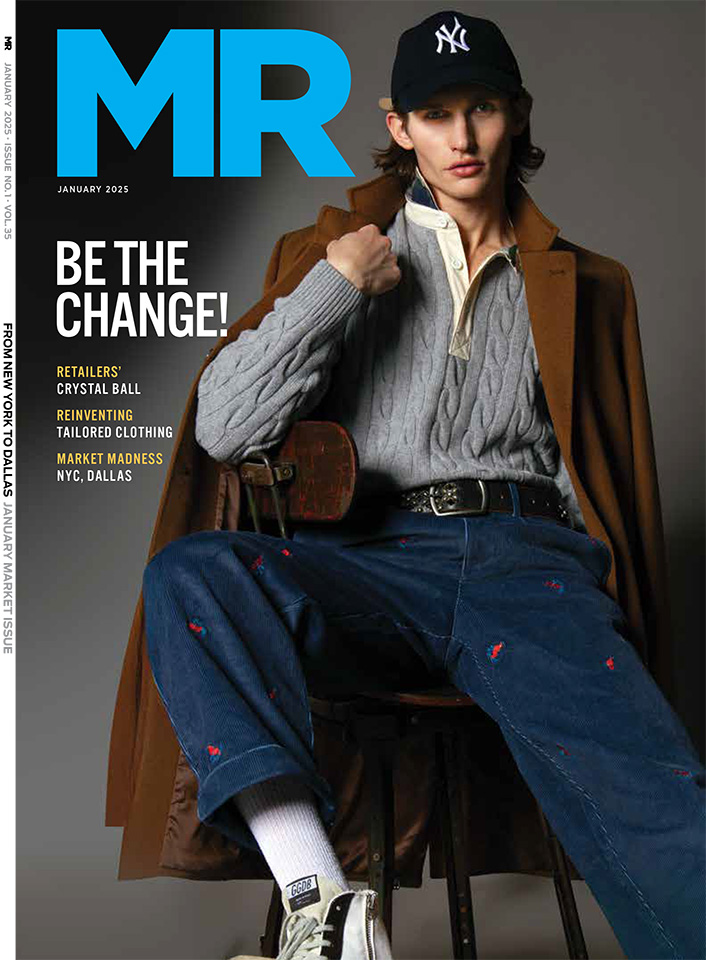America’s Massive Retail Workforce Is Tired Of Being Ignored

Francisco Aguilera has worked at the Express on Bay Street in Emeryville, California for the past year and a half. “I do a little bit of everything,” from running the register to folding and arranging clothes to working in the stockroom in the back of the store, he says. Soft-spoken with an open smile, Aguilera is what many people picture to be the typical retail worker: someone putting in a few hours in the evenings at a shopping complex while attending college during the day. He likes his job well enough, though he notes it can be tiring to work until 9:30 or 10:00 at night and then find time to do his schoolwork. The customers, too, can be exhausting, Aguilera says. Bay Street is one of the shiniest shopping developments in Emeryville, a town of about two square miles on the east side of the San Francisco Bay. If you visit it today, you might think it was carved out of Oakland and Berkeley solely to create a retail destination, packed with multiple outdoor shopping centers, big-box stores like Target and Ikea, and thousands of low-wage retail workers who commute half an hour or more in search of work. The nature of a retail job is shaped, for many workers, by three things: the customers, the manager, and the likelihood of moving on to something else. Aguilera notes that his job has been relatively pleasant because he likes his manager, who has been willing to work with his schedule. Managers, he says, “have so much control over basically your whole experience. Read more at Racked.

